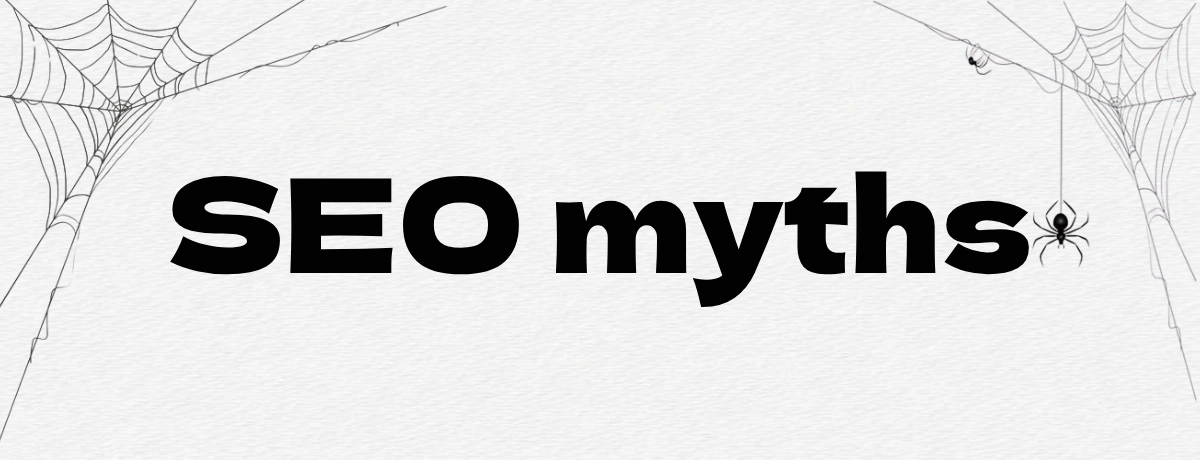SEO, or search engine optimization, is an important component of online success. However, there are many myths surrounding this topic that can be misleading and interfere with effective optimization. Let’s take a look at some of the most common SEO myths.
Popular myths about SEO:
- The myth of ignoring metadata
There is a perception that metadata, such as meta descriptions and meta tags, are not important for SEO. In fact, they play an important role in helping search engines understand what your site is about and improving your CTR (click-through rate) from search results.
- The myth of a large number of pages
It is sometimes believed that the more pages on a website, the better for SEO. However, if these pages do not contain useful content, they can do more harm than good. The key to SEO success is high-quality content that meets the needs of users, not just the number of pages.
- The myth that video content is not important for SEO
Some people think that only textual content is important for optimization. In reality, video content can significantly improve website performance, including time on page and user engagement. Search engines also index videos, which can increase website visibility.
- The myth that mobile optimization is useless
With the rapid growth of mobile internet users, some still ignore the need for mobile optimization. In fact, mobile optimization is critical because Google uses mobile-first indexing, evaluating the mobile version of a website to determine
- The myth of instant results
One of the most common myths is that SEO can provide fast and instant results. In fact, the optimization process is a long one and takes time to achieve sustainable results. Changes made to a website today may take several months to show their impact.
- The myth of “magic” keywords
There is a perception that there are certain “magic” keywords that can automatically raise a website to the top of the search results. In fact, the choice of keywords requires analysis and understanding of the target audience. Keywords should be used organically and in the context of useful content.
- The myth that social signals do not affect SEO
Some people believe that social media activity and the number of likes or reposts are irrelevant to the ranking of a website in search engines. However, although social signals are not a direct ranking factor, they can indirectly affect SEO. Activity on social media increases the visibility of content, which can lead to an increase in the number of inbound links and traffic to the site, which are already important factors for optimization.
- The myth that SEO is no longer relevant
From time to time, there are claims that SEO has become outdated and no longer effective. However, as long as people use search engines to find information, optimization will remain a key element of online success.
- The myth of automatic SEO
There are tools and platforms that promise to automate the SEO process. While some tools can indeed simplify the optimization process, you shouldn’t rely on automation entirely. Effective SEO requires an individualized approach and regular efforts.
- The myth of keyword oversaturation
It was once believed that the more keywords you put on a page, the better it is for SEO. In fact, keyword stuffing can have a negative impact, as search engines consider it a manipulative tactic and can lower the ranking of a website. Instead, it is important to create natural and meaningful content that will be useful to users
Conclusion
Debunking SEO myths and focusing on proven methods is key to long-term success. It’s important to avoid quick fixes by focusing on quality content, technical optimization, and building a reliable online authority. Such an approach will improve your website’s search rankings and increase traffic.




